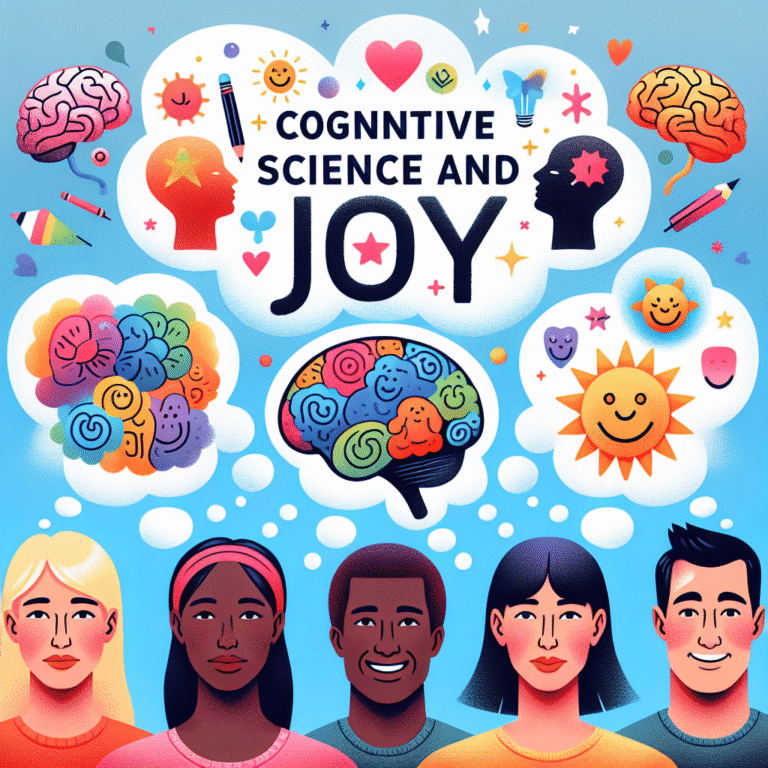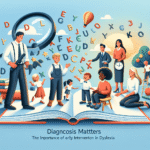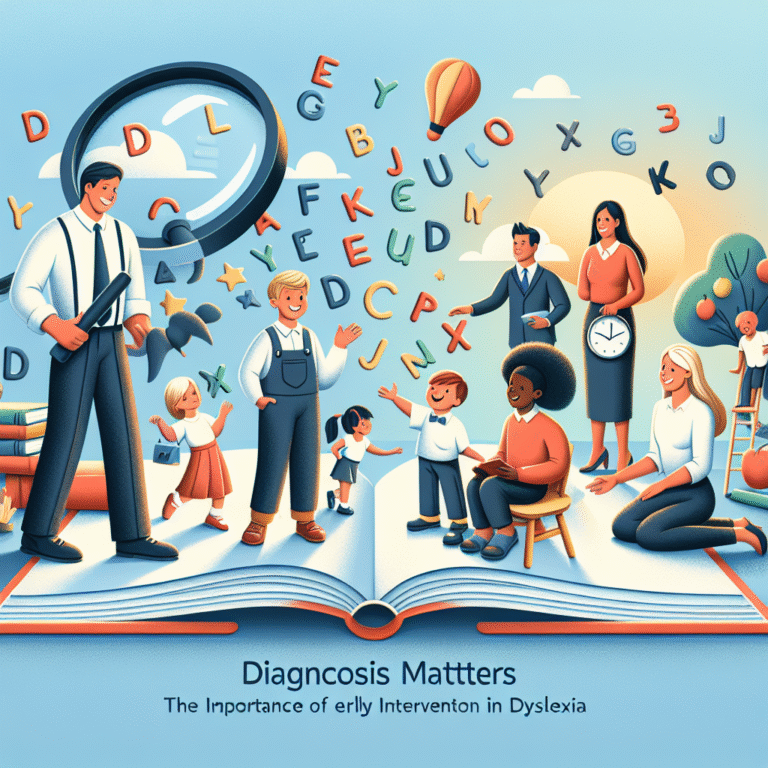
The Heart of Connection: How Empathy Transforms Interpersonal Relationships
Introduction: The Transformative Power of Empathy
In an era dominated by digital communication and surface-level interactions, the profound depth of human connection often eludes us. Yet, the ability to truly understand and share the feelings of others—empathy—serves as the cornerstone for building enriching relationships. The Heart of Connection: How Empathy Transforms Interpersonal Relationships is not merely a tagline; it encapsulates the essence of what it means to be human, to forge bonds that stand the test of time, and to navigate the complexities of life with compassion.
Empathy is more than just a buzzword; it’s a critical skill that dictates the quality of our connections. Whether in personal relationships, professional environments, or communities, the capacity to empathize shapes our interactions and significantly influences our emotional well-being. In this exploration, we will delve into how empathy serves as the heart of connection, transforming our interpersonal relationships in ways that are not just beneficial but essential.
Understanding Empathy
What is Empathy?
Empathy refers to the ability to understand and share the feelings of another person. It goes beyond mere sympathy, which is feeling pity for someone else’s hardship, to involve a more profound emotional resonance. Empathy is often broken down into three components:
- Cognitive Empathy: The ability to understand another’s feelings on an intellectual level.
- Emotional Empathy: The capacity to physically feel and share another person’s emotions.
- Compassionate Empathy: This blends cognitive understanding with emotional connection and involves taking action to help.
The Science Behind Empathy
Research in neuroscience has revealed insights into the biological underpinnings of empathy. Studies have shown that when we witness or envision someone else in distress, our brains activate in ways that mirror their feelings. For instance, brain imaging studies demonstrated that observing someone experience physical pain can trigger similar brain responses in the observer, effectively allowing them to "feel" what others experience.
The Importance of Empathy in Relationships
Building Trust and Connection
In any relationship, trust is paramount. Empathy is fundamental in developing that trust. When we express genuine understanding and concern for others, we signal that we value them and care about their experience. This elevates the connection, fostering a safe space where individuals feel free to share their thoughts and emotions without fear of judgment.
Case Study: The Workplace Environment
A prominent tech company introduced a training program focused on empathy in leadership. Within six months, they noted a 30% increase in employee satisfaction and a decrease in turnover rates. This case exemplifies how fostering empathy in the workplace can enhance trust and build stronger connections among team members.
Enhancing Communication
Empathy allows for more effective communication. By understanding where the other person is coming from, we can tailor our responses and engage in meaningful dialogue. This is crucial not only in personal relationships but also in professional scenarios, such as negotiations and conflict resolution.
Analysis: In the aforementioned workplace case, communication gaps significantly decreased as employees reported feeling more understood, leading to less friction and more collaboration among teams.
Fostering Resilience
Relationships filled with empathy are more resilient. Life inevitably presents challenges, and relationships that embody understanding and compassion are better equipped to navigate hardships. When individuals feel supported, they are more likely to work through conflict and lean on one another during difficult times.
Promoting Emotional Well-Being
Empathetic relationships contribute greatly to emotional health. Studies have shown that individuals in emotionally supportive relationships experience lower levels of stress and depression. By sharing our burdens with empathetic listeners, we find solace and validation that significantly boosts our emotional resilience.
Cultivating Empathy
Active Listening Techniques
Active listening is a crucial skill for nurturing empathy. It involves not just hearing the words spoken but engaging with the speaker on an emotional level. Here are some strategies:
- Paraphrasing: Restate what the speaker has said to ensure clarity and to show that you are engaged.
- Reflecting Emotions: Acknowledge the speaker’s emotions by stating what you observe. For example, "You seem really upset about this situation."
- Asking Open-Ended Questions: Encourage the speaker to share more about their feelings and thoughts, which deepens the conversation.
Practicing Empathetic Responses
It’s important to cultivate an empathetic mindset. Practicing empathetic responses can make a significant impact. Use phrases like:
- "That sounds really challenging."
- "I can see why you would feel that way."
- "What can I do to support you?"
These responses validate the speaker’s feelings, fostering a deeper connection.
Staying Present
Mindfulness practices can enhance our ability to empathize. By being present in the moment, we can better tune into the feelings of others. Mindfulness techniques, such as meditation and focused breathing, can help us cultivate a state of awareness that allows for deeper connections.
Empathy in Different Contexts
Family and Friendships
In personal relationships, empathy fosters mutual understanding and strengthens bonds. Parents who practice empathy can better address their children’s needs, leading to healthier family dynamics. Friends who empathize with one another provide a support system that can last a lifetime.
Romantic Relationships
Romantic partnerships thrive on empathy. Couples who can articulate their feelings and respond to their partner’s emotions effectively build a strong foundation for lasting love. Emotional support during tough times solidifies trust and intimacy.
Community Impact
On a community level, empathy can drive social change. By fostering understanding among diverse groups, empathy can break down barriers, reduce prejudice, and promote cooperation. For example, community programs that encourage dialogue between different cultural backgrounds can diminish social tensions.
The Ripple Effect of Empathy
Strengthening Societal Bonds
The Heart of Connection: How Empathy Transforms Interpersonal Relationships extends beyond individual interactions; it can lead to a more cohesive and compassionate society. When empathy is practiced widely, it can promote social justice and equality, as individuals become allies in each other’s struggles.
Enhancing Leadership and Influence
Leaders who practice empathy create inclusive work cultures that foster collaboration and innovation. Empathy in leadership is associated with better team performance and employee engagement.
Chart: Empathy in Leadership and Its Impact
| Leadership Quality | Impact on Team Performance |
|---|---|
| Empathy | 85% |
| Effective Communication | 79% |
| Visionary Thinking | 77% |
| Decision-Making | 70% |
As illustrated, empathetic leadership correlates highly with positive team dynamics, showcasing its transformative potential.
Conclusion: Your Role in Fostering Empathy
Understanding the Heart of Connection: How Empathy Transforms Interpersonal Relationships is vital to improving our own lives and the lives of those around us. Empathy is not just a tool; it’s an art that requires practice. Each conversation, each interaction, provides us with an opportunity to connect more deeply and genuinely.
To cultivate empathy in your life, start small. Practice active listening, approach conversations with an open heart, and reflect on your reactions to others. By embedding empathy into the fabric of your life, you not only enhance your relationships but also contribute positively to those around you.
Call to Action
Start today! The next time you engage in conversation, make a conscious effort to empathize. See how it changes not just the dynamic of the discussion but also the overall quality of your relationships.
FAQs
1. What are the different types of empathy?
There are three main types: cognitive empathy, emotional empathy, and compassionate empathy. Each plays an essential role in how we connect with others.
2. How can I improve my empathetic skills?
Practice active listening, reflect on others’ emotions, and engage in mindfulness activities to enhance your empathetic abilities.
3. Can empathy be taught?
Yes, empathy can be cultivated through education, training, and consistent practice. Many programs aim to build empathy, particularly in workplaces and educational settings.
4. What role does empathy play in conflict resolution?
Empathy helps de-escalate conflicts by allowing individuals to understand each other’s perspectives and find common ground.
5. Is there a downside to empathy?
While empathy fosters connection, excessive empathy can lead to emotional burnout. It’s crucial to balance empathy with self-care practices.
Through this exploration of The Heart of Connection: How Empathy Transforms Interpersonal Relationships, we unveil the transformative potential of empathy in our lives. As we make strides to embrace and practice empathy, we create a world where understanding and compassion reign, leading to enriched relationships that empower both individuals and communities.
















